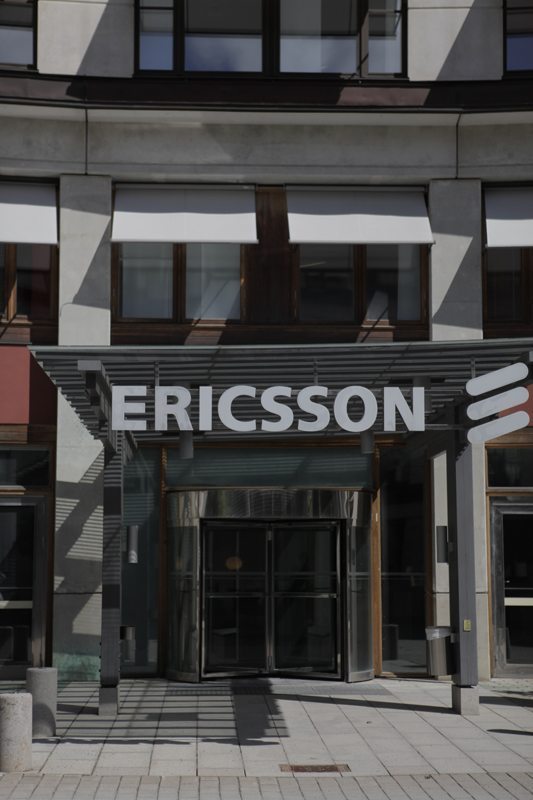Ericsson’s recent restructuring announcement that will see the world’s largest telecom equipment vendor split its networks unit into two groups has at least one analyst predicting the company is set to become a software company.
In a blog post, Maravedis-Rethink research director Caroline Gabriel noted that recent advancements in network virtualization has wireless carriers looking at ways to cut hardware spending and is forcing equipment vendors to become more proactive in tackling the software space.
“Virtualization and software-defined networking have been a significant shock to the system for major wireless infrastructure vendors,” Gabriel wrote. “They give carriers the opportunity to slash hardware spending by relying on off-the-shelf servers to run network functions, instead of highly priced, dedicated and proprietary boxes. However, the genie is out of the bottle, and the big [original equipment manufacturers] are forced to make a virtue of necessity.”
Ericsson announced last week that its restructuring will see one group concentrate on radio technologies while the other will focus on IP and cloud initiatives. Johan Wibergh, head of Ericsson’s networks business unit and tasked with overseeing both of the new divisions, told RCR Wireless News that continued focused on the company’s radio access networks business remains the company’s top priority. However, Gabriel noted that the company is most at risk by the shift to software and has made moves to ensure it does not miss the boat on software.
“Ericsson, the most threatened by the shift of spending from hardware to software, has also been the most proactive,” Gabriel explained. “It may still have its head in the sand about small cells, but it has placed itself in the vanguard of SDN, determined to shape that trend, not be consumed by it.”
Gabriel cited Ericsson’s position in software and virtualization software groups like OpenDaylight and those focused on network functions virtualization, a move backed by a Maravedis-Rethink survey that found almost three-quarters of mobile carriers “would deploy NFV in some areas of their commercial systems by the end of 2018, targeting total cost of ownership) reductions of up to 35% over five years.”
Gabriel noted that Ericsson recently reported that hardware sales had dropped from 73% of the company’s revenues in 1999 to just one-third last year, while software contributed 23% and services 43%, up from a combined 27% at the earlier date.
“One aspect of this change has been the development of networks which rely on software to support flexible design, agile reconfiguration and swift upgrades with limited hardware swapping required,” Gabriel wrote. “The next step is the move to virtualize network functions entirely in software on standard servers, reducing the need for specialized hardware.”
Bored? Why not follow me on Twitter?

